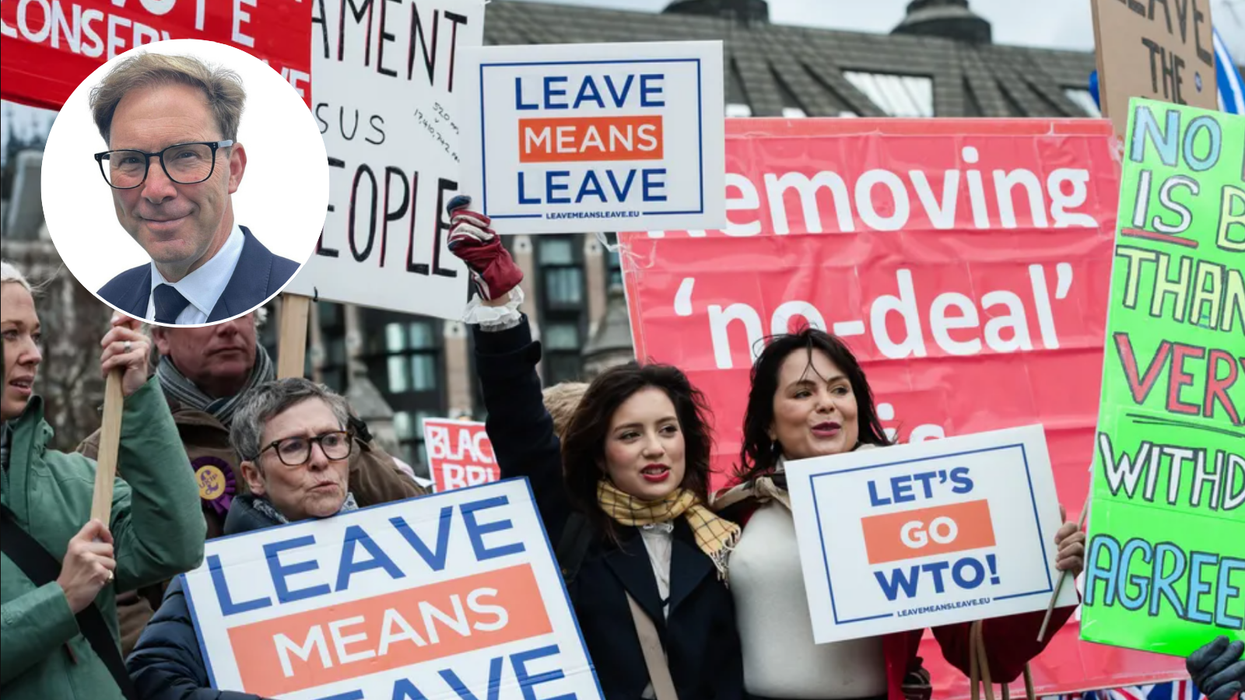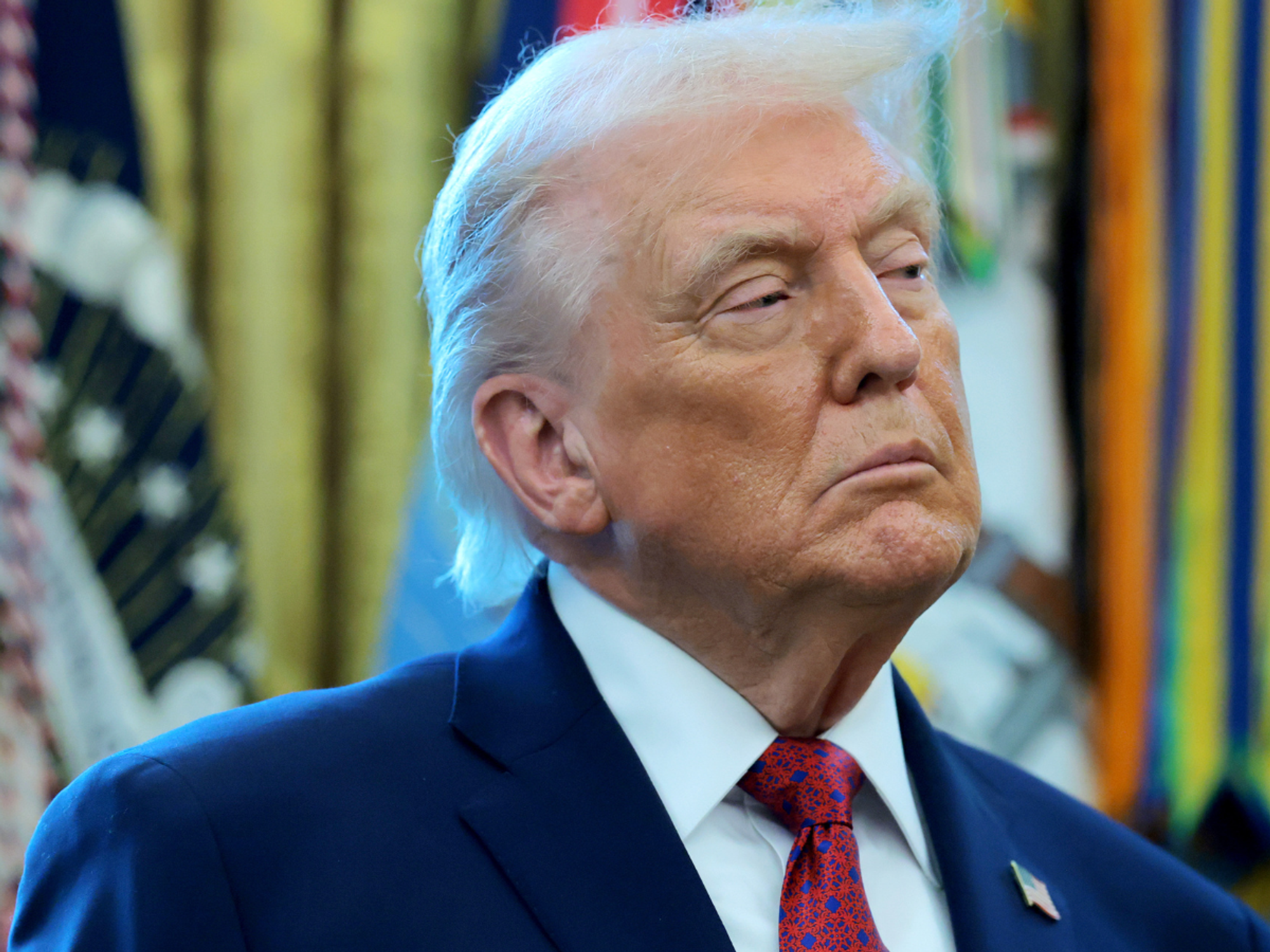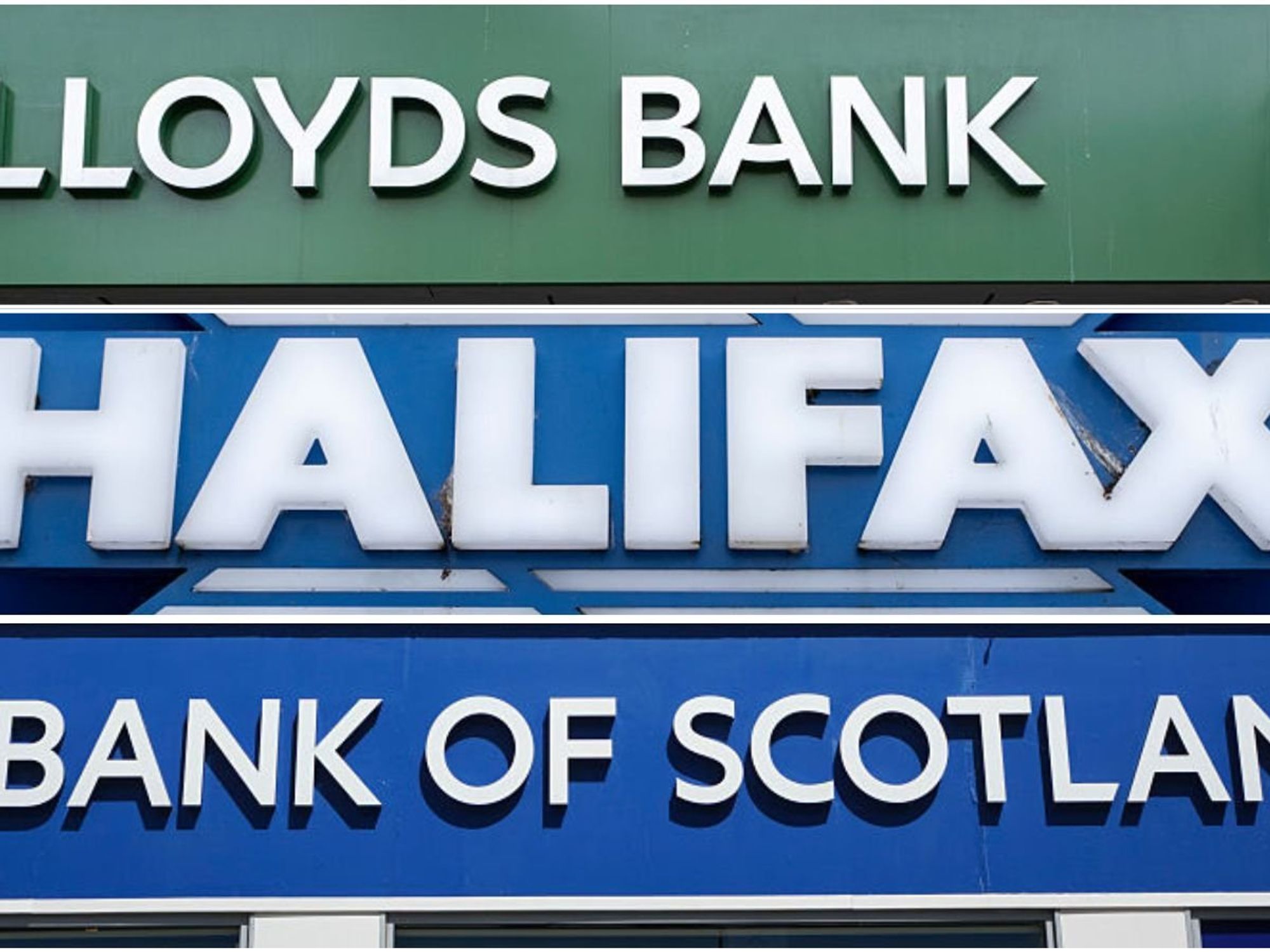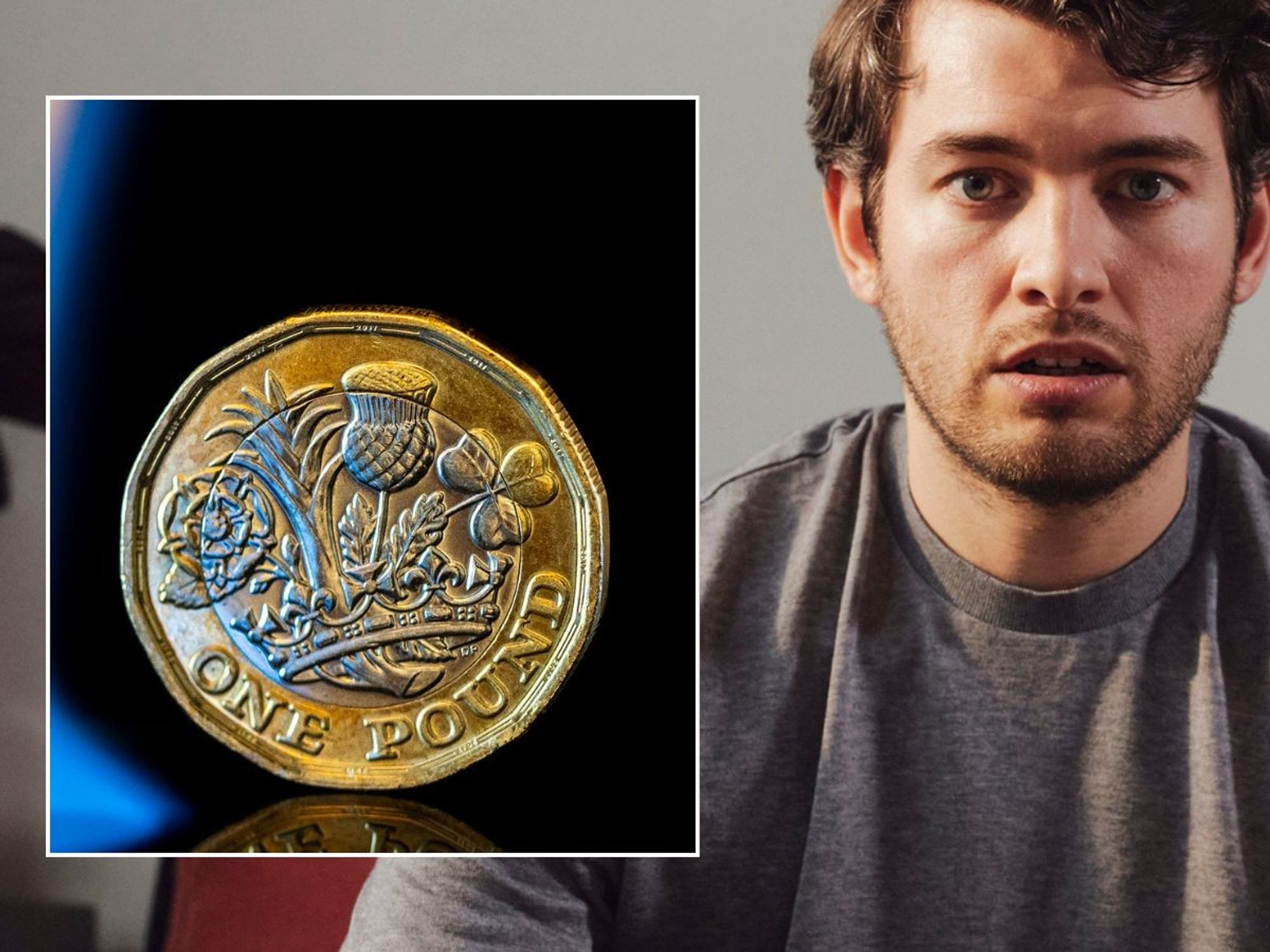'If the Conservatives are serious about returning to power- they must consider how our model of Brexit can be upgraded' - Tobias Ellwood

'Leaving the Single Market was not on the ballot paper. We need to return,' says Tobias Ellwood
|GB News/ Getty
Tobias Ellwood was Parliamentary Under Secretary of State at the Ministry of Defence from June 2017 to July 2019
Don't Miss
Most Read
Brexit. So toxic is the subject it's avoided in polite conversation. It was hardly mentioned during the last election beyond the strapline ‘we got Brexit done.’
It’s the most significant geo-political decision made in a generation with on-going ramifications. The hard truth (which polls confirm) is that however you may have voted, where we are today is not where anyone expected to be.
If the Party has any serious ambitions about returning to power, then we must have the courage to park the emotions and upgrade our policy positions if it’s in the national interest. Indeed, the issue can no longer be avoided. Next year our ‘contract’ (the Trade and Corporation Agreement – TCA) with Brussels reaches its sell by date and is up for formal review.
Are we really going to walk in the room and say ‘all’s fine, there’s no improved deal to be struck in Britain’s economic access to its biggest trading partner? Let’s retain this model of Brexit for another five years?' No.
We all know that where Brexit landed is sub-optimal. So, opening up this pandora’s box requires raising the standard of debate – rather than descending into stereotypical name-calling and second-guessing long-term agendas.
Cards on the table, I voted remain. But that was eight years ago. Surely it's no longer the case that I, and millions like me, are denied the right to advance thoughts on upgrading our Brexit relationship for fear of being called a ‘remoaner’? This is about a course-correction and not a slippery slope towards a U-turn.
As the Conservative Party seeks to rebuild support with the British electorate, no issue will require braver leadership than updating our stance on Europe. And bearing in mind the scale of our election defeat and the fact that the nation is not listening to us right now – we have time to deep-dive what is in the country’s best interests.
Our biggest mistake could be pandering to the louder voices in our Party base and ignoring this opportunity to help craft a new model of Brexit that the nation is clearly calling for.
Criticising the new Prime Minister for wanting to improve Brexit, without offering our own plans for reform, implies we support the status quo. And that’s a recipe for spending a while in Opposition.
Without losing the political distance from Brussels that Brexit achieved, economics-wise there’s a huge scope for improvement in the TCA. The Office of Budget Responsibility calculates that, in its current form, Brexit is reducing our GDP by around 4 per cent (£100 billion).
Placed into context this compares to around 1.5 per cent caused by the impact of COVID. That means £40 billion of tax revenue is lost each year - almost two thirds of the defence budget.
Total business investment across the entire UK economy stalled after 2016 and is 10 per cent down on 2019. Low investment means lower growth.
Two years ago, I dared to repeat the policy position promoted by Nigel Farage, David Frost, Dan Hannan and Boris Johnson during the 2016 referendum that our Brexit deal should include Britain staying in the Single Market.
Leaving this aspect of the EU was not on the ballot paper. We need to return. This would re-introduce free movement of goods, services and capital - removing £7bn of paperwork and checks plus restoring free trade to all those sectors (especially financial services, agriculture and technology) demanding change.
If it makes our party base feel better - the Single Market (or common market) concept was endorsed by both Churchill and Thatcher. It was their baby we have abandoned.
LATEST OPINION:
But what about free movement I hear you cry. There remain understandable reservations about the free movement of people but who knew that we always retained the right to qualify free movement on grounds of employment and income?
We could always have repatriated EU citizens who had neither jobs nor savings. Just like they do in Belgium. But this option was, amazingly, completely ignored in government despite being presented to various Home Secretaries. For want of taking this simple option, we cut off our economic nose to spite our face.
The Single Market (with conditions) has worked well for Norway. It would strengthen our economy, ease the cost-of-living crisis and help promote international inward investment.
Perhaps there’s a better Brexit deal to be struck. I’d be keen to hear it. What we can't do is join the omerta and continue to bury our collective heads in the sand. We're a better country than that. It would be a dereliction of duty not to consider how, economically, our model of Brexit can and must be upgraded.
With increasing conflict and instability across the globe as well as on the continent I have no doubt Europe and beyond will once again look to us for international leadership.
Let’s demonstrate how we’ve rekindled our sense of purpose on the global stage with a more constructive yet economically beneficial relationship with the EU.










